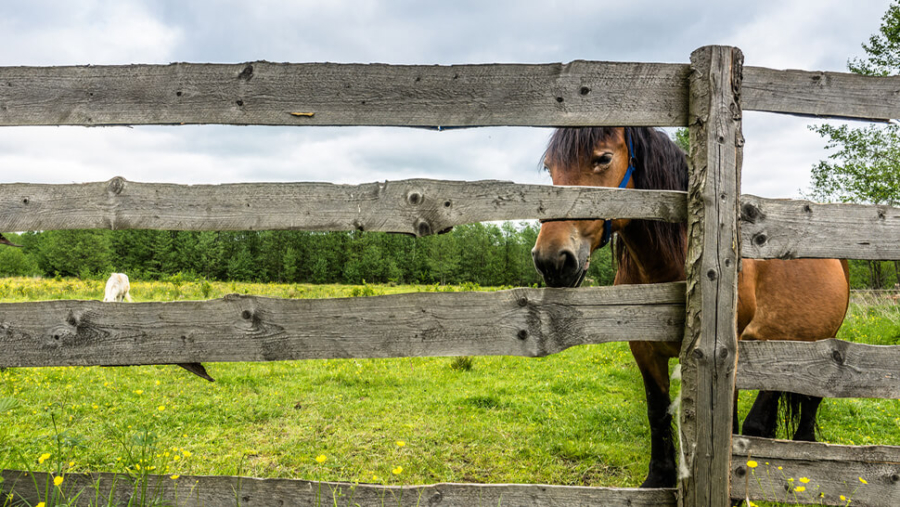

Fences give rise to many disputes – damages, repairs, claims; almost every feature of a fence can be argued about.
Sound stock-proof fencing is essential whatever type of animal is being kept, but it is not cheap. Problems can arise if a landowner allows someone to graze livestock on their land, but won’t repair or make safe the fences.
Another common problem arises where land previously used for hay-making is then grazed, without changes to fencing to contain livestock: cue unhappy neighbour, who sees no reason why they should be put to the expense of keeping someone else’s animals off their lawn.
The first question is always ‘who owns the fence?’ Sometimes reference to the Land Registry helps but that doesn’t identify who put it up. If part of a field is sold off for development, it is usually the buyer who is obliged to erect a stock proof fence, but that is not always the case.
If it’s clear that the fence belongs to the neighbour allowing grazing, they have to maintain it in a stock-proof condition. If they don’t, you could seek an injunction against them or threaten to do the work yourself and claim the cost from them.
If the neighbour has suffered damage due to another’s trespassing livestock, they too may have a claim, unless the damage arises through their own fault. Key here is duty of care – we all owe a duty of care to our neighbour to do what is reasonable to keep them free from an undue risk of harm to avoid a claim for negligence. Clear but stark warnings are often effective.
In a landlord/tenant relationship, the landlord will own any existing fencing. Changes or improvements should be covered by a tenancy agreement; tenants are usually responsible for repairing structures like fences. Extensive work might be the landlord’s responsibility, but the key to avoiding disputes is having a written agreement.
A licence to graze is merely a permission to use land and the landowner retains more extensive powers. It is unlikely in that case that repair of fences will fall to the occupier.
In either case, the landowner cannot take a fee from someone they know will be grazing the land and then supply land that cannot safely be grazed, without possibly facing a claim for breach of contract.
So obligations to repair fences can be difficult to establish, but because the consequence can be serious, a workable answer must always be found.
Often the most practical short-term solution is for the land user to put up an electric fence within their boundary, to contain their stock and keep them safe, perhaps until another agreement can be reached.










